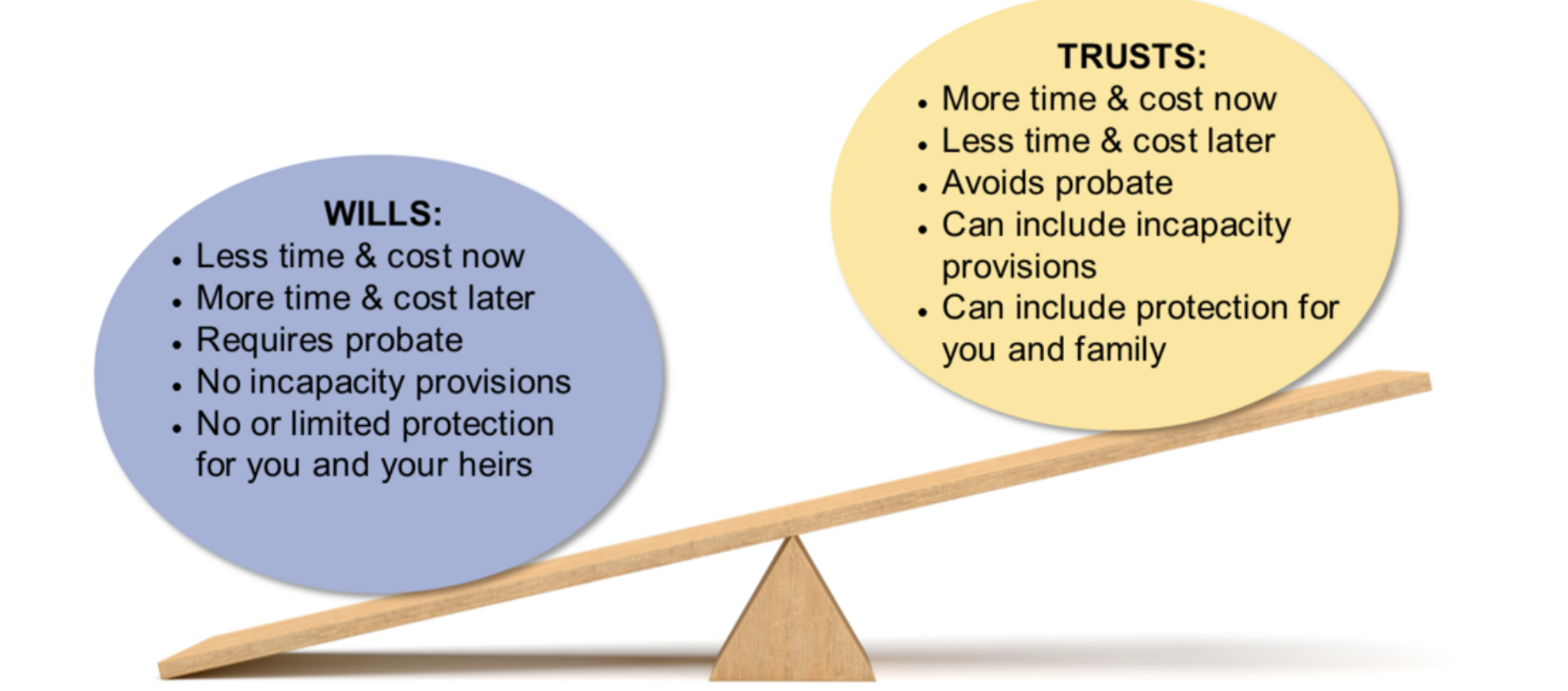In California, selling a property differs significantly depending on whether the property is part of a will going through probate or is held in a living trust.
Property in a Will (Probate Process)
1. Court Supervision: The property sale in probate requires court supervision. The estate executor must obtain court approval before proceeding with the sale.
2. Appraisal and Listing: The property must be appraised to establish its fair market value. It is then listed for sale, often requiring a minimum price close to the appraised value.
3. Offer Process: When an offer is made, the executor typically has to present the offer to the court. Interested parties, including heirs, are notified and allowed to object or overbid in court.
4. Court Confirmation: Once an offer is accepted, a court hearing confirms the sale. During this hearing, other buyers can present higher bids (overbids), and the property may be sold to the highest bidder.
5. Length of Time: The probate process can be lengthy, often taking several months to over a year, depending on the complexity of the estate and the court’s schedule.
Property in a Living Trust
1. No Court Supervision: A property held in a living trust bypasses the probate process. The trustee can manage and sell the property without court approval.
2. Quicker Process: Since there is no need for court involvement, the trustee can sell the property relatively quickly, often like any other real estate transaction.
3. Privacy: The property sale through a trust is a private matter, unlike probate, which is a public process. This means details about the property sale, including the sale price, are separate from the public record.
4. Flexibility: The trustee can act more swiftly and flexibly to sell the property, responding to market conditions without delays in court proceedings.
Summary
Probate: Involves court oversight, is a public process, and typically takes longer due to the need for court approvals and potential overbidding.
Living Trust: Allows for a quicker, private sale without court involvement, giving the trustee more flexibility to act.
The choice between these two methods can significantly impact the property sale’s speed, privacy, and complexity.

